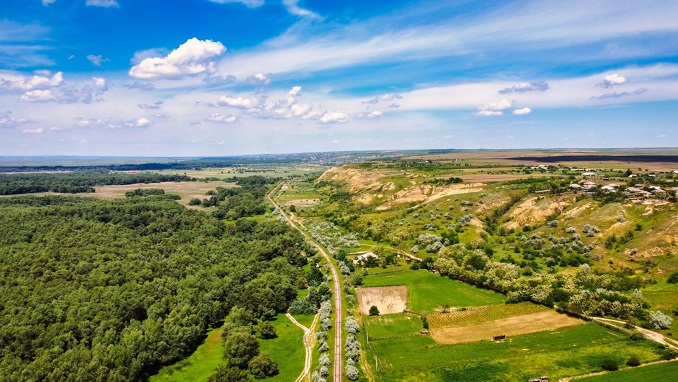The Republic of Moldova will get financial help from the European Union in developing its new National Forests Extension and Rehabilitation Programme 2023-2032 within the EU4Environment program, the bloc announced on the International Day of Forests, March 21.
Assigning an International Day of Forests in 2012 was only one of the ways for the United Nations to celebrate and raise awareness of the importance of all types of forests.
EU4Environment explained the newly adopted plan in an article published today, highlighting support for Moldova’s needs in forest products and services.
Within the EU4Environment Programme developed in collaboration with the World Bank, the EU aims to increase resilience to climate change through the conservation and sustainable development of national forest resources.
As part of its EU4Environment Programme, the EU supports the governments of its partner countries in Eastern Europe to not only promote community-led action in forest conservation but to also expand a shared network of protected areas, reduce biodiversity loss and land degradation, and strengthen sustainable management of natural habitats in general.
Harboring 80% of Moldova’s biological diversity, forests in the country are part of its natural capital with quite high economic importance. Moldovan forests provide around $70 million annually in value of ecosystem services to the tourism, agriculture, water, and other sectors in the country.
However, the years of excessive exploitation, unauthorized logging, and inefficient forest management practices have made Moldovan forests one of the most endangered in Europe and among those unable to impede human encroachment.
The most significant impediments to sustainable forest management in Moldova, apart from inefficient governance, are overgrazing along with the high prices for fuelwood.
Providing it implements its national forest program successfully, Moldova will not reap enormous benefits in ensuring sustainable forest ecosystems, but will also be able to bolster its economic growth and secure its people’s livelihoods and well-being while mitigating climate change for the world.



